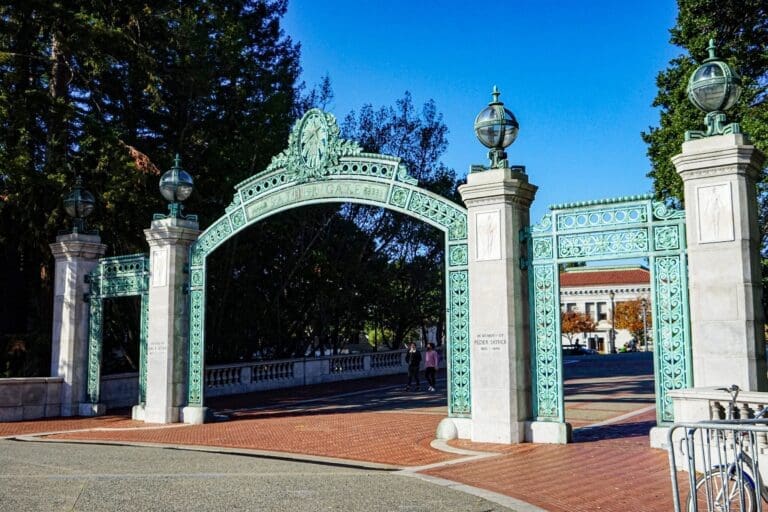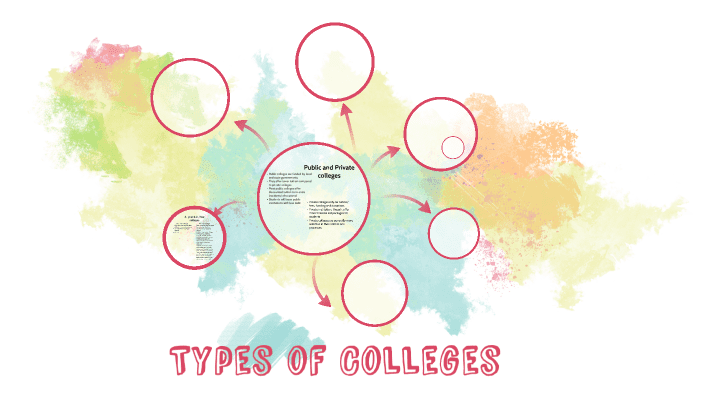All Women’s Colleges in the U.S.
You may have occasionally heard the term “Seven Sisters” about women’s colleges in the US. The term refers to seven historically all-women’s colleges, namely: Barnard College, Bryn Mawr College, Mount Holyoke College, Radcliffe College, Smith College, Vassar College, and Wellesley College. From 281 Women’s Colleges in the 1980s, there are fewer than 40 in the US right now. Most of these have been converted into co-ed colleges, such as Wesleyan, Radcliffe, and Vassar. But fear not, you are still left with some great options to consider.
Many of our female students want to know more about the benefits of attending an all-women’s college. Here are some of the factors to weigh in on if you are considering one:
-
While many may feel that an all-women’s college will not allow for an all-gendered perspective, that is not necessarily true. Most of these colleges will allow you to cross-register with one or more co-educational colleges and universities.
-
Women’s colleges create a collaborative ethos through residential housing communities where freshmen and upperclassmen live together. Advising and mentorship are effectively managed through this living arrangement, which develops a sisterhood that can help you make the most of what’s available to you but also provide great emotional support when you need it.
-
All opportunities offered by the college are only open to its female students (obviously) unlike coeducational colleges where these get divided with their male counterparts.
-
Most women’s colleges have intense academic rigor that can be fulfilling if you love being intellectually challenged.
-
Most women studying at single-sex colleges are likely to graduate in four years compared to those studying in co-ed universities.
-
Due to all of these reasons, a greater sense of self-worth and self-esteem is said to develop in students at single-sex colleges.
Most Popular Women’s Colleges:
1. Barnard College
With an 8 % acceptance rate, Barnard happens to be the affiliate college of Columbia University. Their Core Curriculum ‘Foundations’ focuses on intellectual inquiry. First-year students have to complete the Modes of Thinking requirements that include courses like ‘Thinking Technologically’ and ‘Thinking Locally.’ Students are also attracted to the fact that they may cross-register with Columbia for interesting courses. They are also mindful of the focus on data and media fluency, two things that women benefit from in this competitive world. The Athena Center for Leadership Studies is a great place for one to hone their leadership skills.
Barnard takes students who identify as women, like all other all-women universities.
2. Scripps College
Scripps is said to attract more well-rounded women than Pomona/Pitzer from the Claremont Group. With an acceptance rate of 34%, they have an Innovative Core Curriculum in International Humanities. The atmosphere is collaborative, especially since they have Peer Mentor Teams for first years that help them settle down in a new environment socially and academically. Scripps students can take coursework at other Claremont colleges, and most of them do. The faculty is always willing to answer difficult questions, and they have the best food in the consortium, where you will mostly find Mudders hanging around. Scripps has a no-alcohol policy.
3. Wellesley College
Hillary Clinton and Madeleine Albright went here, and that says something about this college. Wellesley has strong academic rigor, as strong as any top college apart from Holy Trinity: Harvard, Yale, and Princeton. The acceptance rate is 14%. It offers full cross-registration privileges with MIT. You can also take courses at Babson, Brandeis, and Olin College of Engineering. Most students are open to collaboration and willing to help each other. Wellesley follows an Honors system where final exams are unsupervised and you can take them anytime during a mutually decided time frame. They also have a shadow grading policy, which means that first semester grades do not appear on the transcript. About 85% conduct research and 50% study abroad. The Albright Institute offers 40 students a complete funded internship abroad.
4. Smith College
With a 19.7% acceptance rate, Smith is a part of the Five College Consortium: U. Mass Amherst, Amherst College, Hampshire College, and Mount Holyoke College.
Smith, like Brown, has an ‘Open Curriculum’. This unique offering offers maximum independence to curate your independent path. About 50% of credits can be taken from outside your major. First years can take small seminars on topics like Biography in African History.
The college is known to promote women in STEM and about 4/10 women major in STEM focused areas. Smith is a leading college in science and technology. The Picker Engineering Program is the oldest women only engineering program. This ambitious curriculum is taught within the liberal arts requirements. Many go on to pursue graduate study at MIT/Princeton/Harvard and get top employment opportunities.
Academics are intense and difficult but the community is very collaborative in nature. Students avoid discussing grades since they believe that holistic development is important to education rather than definitive grades and tips for grade nine. This is also the reason why they have a student run Honor system that is popularly praised. Professors here are accessible and open minded.
The Smith Scholars Program offers 1 or 2 years of independent study or extra college research for full credit.
The STRIDE program allows freshmen/sophomores to get paid research internships with professors, and the PRAXIS program allows students to pursue internships that are funded by the college. In short, opportunities galore!
5. Bryn Mawr College
According to the Fiske Guide (v.2019), Bryn Mawr offers “complete freedom to explore one’s interests and individuality without the fear of being ostracized.” This college has an acceptance rate of 31.1%. The 360 Degree Course Clusters are a unique offering at Bryn Mawr. It is an interdisciplinary experience that brings students from different majors together to discuss global issues. You can share classes with nearby Haverford and they also offer a 5 year dual degree program with Caltech and UPenn.
A quick note:
Women’s Colleges may not always be everyone’s cup of tea since the community and campus culture you want could perhaps only be offered by a co-ed institution, especially if that’s the environment you have been studying in. Do think carefully through the pros and cons of attending it before applying, specifically if you have a limited number of colleges you are allowed to apply to. Private VS Public Universities.







